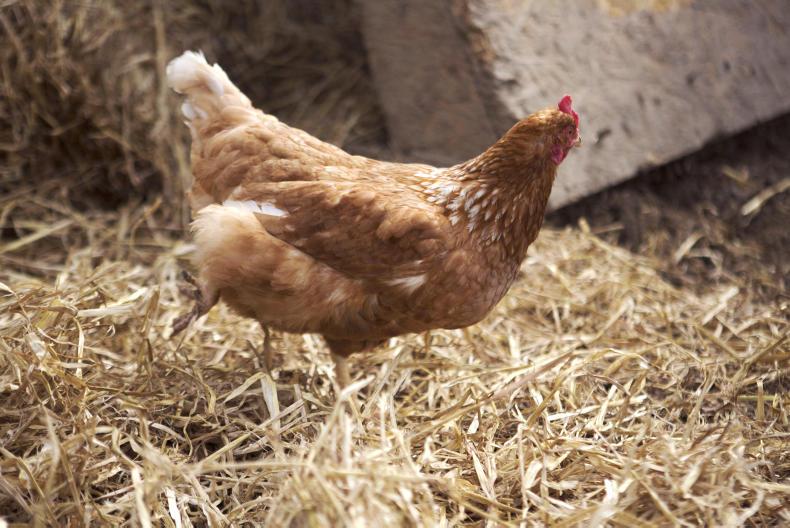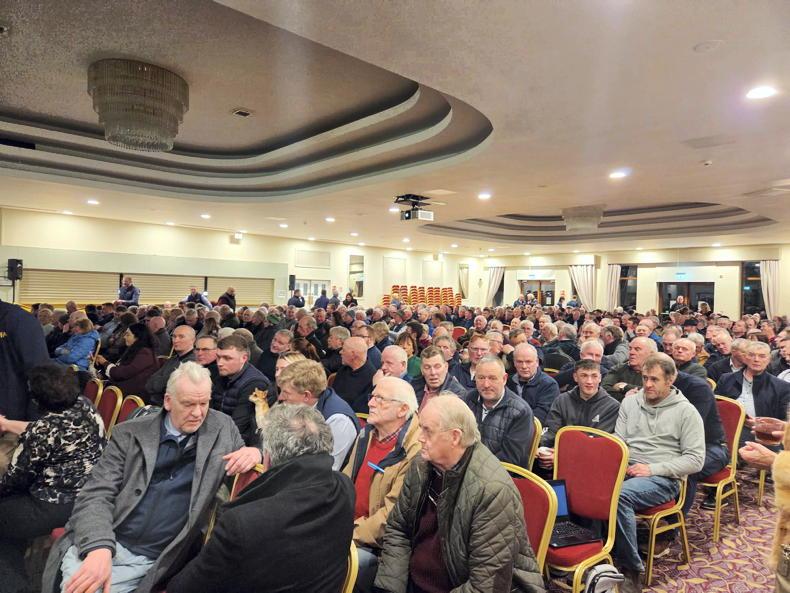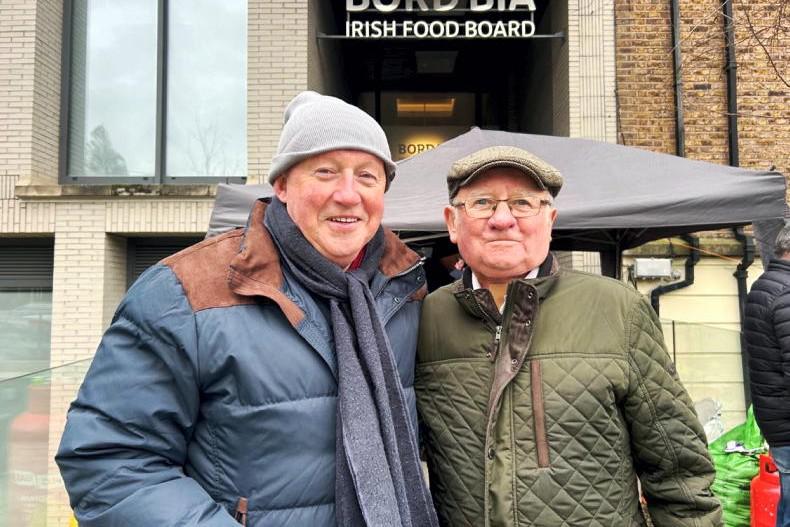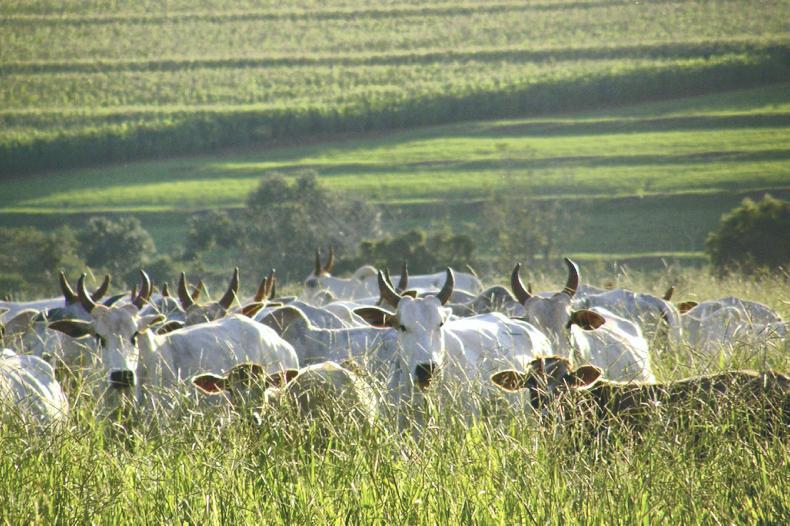As the fallout from the Brazilian meat scandal continues, with country after country implementing extra restrictions on the import of Brazilian meat, figures from Central Statistics Office show that the bulk of Ireland’s poultry imports come from mainland Europe and the UK.
Brazil, which is still reeling from the meat scandal, accounted for just 3% of our poultry imports.
Two Brazilian poultry plants approved for export to the EU are currently under investigation by the Brazilian authorities over the alleged sale of contaminated meat, and the EU Commission has temporarily suspended imports of poultry from these factories into Europe.
In 2016 Ireland imported around 135,000t of poultry, 55,398t of which came from the UK and 41,332t of which came from the Netherlands.
Some 3,719t came in from Brazil, more than we imported from Italy (2,066t), France (1,896) and Belgium (1,769t). These imports are mostly in the form of fillets as this is the most popular part of the chicken among Irish consumers.
Ireland is far from self-sufficient in terms of poultry production, and around the same amount of birds in terms of tonnage was processed in Ireland in 2016.
We also exported 129,000t, with the UK market accounting for 70% of shipments.
Although all the fresh chicken sold in supermarkets across the country is Irish and Bord Bia quality assured, imported meat is mainly sold in the food service industry and delicatessens, and some butchers around the country.

Checks on imported meat
The Department of Agriculture has told the Irish Farmers Journal that the EU imposes strict hygiene and safety controls on food imports, and in particular on animal products for which documentary, identity and physical checks are compulsory for meat products imports. These are implemented by veterinary staff at Border Inspection Posts which exist at the first point of entry to the EU, many of which are located in the Netherlands, but some of which are also located in Ireland, such as at Dublin Port.
It is common knowledge within the food industry that some imported poultry meat is being relabelled as Irish
However, the Irish Farmers Journal understands that not all consignments of meat can be checked by staff due to time constraints. Rather they build up a pattern of compliance by checking around 50% of consignments coming through the Border Inspection Posts.
The Department has notified the Irish Farmers Journal, however, that in line with a recommendation from the EU Commission, checks will now be intensified on Brazilian product in light of current developments.
Relabelling allegation
This week Pat McDonagh, founder of the hugely successful fast-food retail outlet SuperMac’s, alleged that it is “common knowledge” within the food industry that some imported poultry meat is being relabelled as Irish.
Read more
Brazilian meat scandal: full coverage
As the fallout from the Brazilian meat scandal continues, with country after country implementing extra restrictions on the import of Brazilian meat, figures from Central Statistics Office show that the bulk of Ireland’s poultry imports come from mainland Europe and the UK.
Brazil, which is still reeling from the meat scandal, accounted for just 3% of our poultry imports.
Two Brazilian poultry plants approved for export to the EU are currently under investigation by the Brazilian authorities over the alleged sale of contaminated meat, and the EU Commission has temporarily suspended imports of poultry from these factories into Europe.
In 2016 Ireland imported around 135,000t of poultry, 55,398t of which came from the UK and 41,332t of which came from the Netherlands.
Some 3,719t came in from Brazil, more than we imported from Italy (2,066t), France (1,896) and Belgium (1,769t). These imports are mostly in the form of fillets as this is the most popular part of the chicken among Irish consumers.
Ireland is far from self-sufficient in terms of poultry production, and around the same amount of birds in terms of tonnage was processed in Ireland in 2016.
We also exported 129,000t, with the UK market accounting for 70% of shipments.
Although all the fresh chicken sold in supermarkets across the country is Irish and Bord Bia quality assured, imported meat is mainly sold in the food service industry and delicatessens, and some butchers around the country.

Checks on imported meat
The Department of Agriculture has told the Irish Farmers Journal that the EU imposes strict hygiene and safety controls on food imports, and in particular on animal products for which documentary, identity and physical checks are compulsory for meat products imports. These are implemented by veterinary staff at Border Inspection Posts which exist at the first point of entry to the EU, many of which are located in the Netherlands, but some of which are also located in Ireland, such as at Dublin Port.
It is common knowledge within the food industry that some imported poultry meat is being relabelled as Irish
However, the Irish Farmers Journal understands that not all consignments of meat can be checked by staff due to time constraints. Rather they build up a pattern of compliance by checking around 50% of consignments coming through the Border Inspection Posts.
The Department has notified the Irish Farmers Journal, however, that in line with a recommendation from the EU Commission, checks will now be intensified on Brazilian product in light of current developments.
Relabelling allegation
This week Pat McDonagh, founder of the hugely successful fast-food retail outlet SuperMac’s, alleged that it is “common knowledge” within the food industry that some imported poultry meat is being relabelled as Irish.
Read more
Brazilian meat scandal: full coverage












SHARING OPTIONS